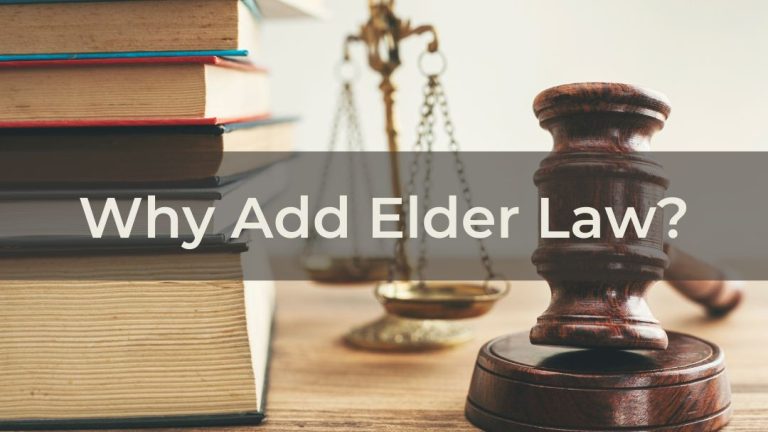“Name on the Check” Rule: Looks Good in Wisconsin!

Disclaimer: Since Medicaid rules and insurance regulations are updated regularly, past blog posts may not present the most accurate or relevant data. Please contact our office for up-to-date information, strategies, and guidance.
For those of you not familiar with the term “Name on the Check” rule, it is a common guideline used by Medicaid in determining who owns income. If a check is made payable to a particular individual, that individual is considered the owner of the income. This guideline can be quite advantageous in cases involving a married couple, when the institutionalized spouse owns an IRA.
For Medicaid purposes, few states[i] consider an institutionalized spouse’s retirement assets to be exempt. Therefore, when an institutionalized spouse owns an IRA, odds are that it will be considered a countable asset, which must be spent-down before eligibility can be established. Often times, this is where poor planning choices are made, by liquidating those retirement accounts. To liquidate an IRA is to subject the entire liquidated amount to taxes, as well as a likely early withdrawal penalty. Most often, this is not the most appropriate choice for the client. That said, how exactly does the “Name on the Check” rule come into play?
“Name on the Check” Rule
The method of utilizing this rule is to have the institutionalized spouse use his or her IRA to purchase a Tax-Qualified/IRA Medicaid Compliant Annuity via a direct transfer or rollover[ii], but with the monthly payments being made payable to the community spouse. If honored as intended, the Medicaid office will apply the monthly payments to whoever’s name is on the monthly instrument – the check. This leaves the ownership of the tax-qualified Medicaid Compliant Annuity with the institutionalized spouse, avoiding negative tax consequences. Additionally, the payments would be considered income of the community spouse. This is a nearly perfect solution to a problem, except that its success can never be guaranteed, making every favorable ruling so important in helping set the precedent.
On that note, we are thrilled to announce
that Wisconsin is the most recent state
to honor the “Name on the Check” rule!
In this case, the husband, who resides in a long-term care facility, used the funds from his IRA to purchase a Medicaid Compliant Annuity. The annuity was funded with a single premium of $256,415.00, and named his community spouse as the irrevocable payee. When initially determining eligibility, the Wisconsin Department of Health Services Estate Recovery Program approved the Medicaid application, but considered the Medicaid Compliant Annuity income to be that of the applicant – the husband (institutionalized spouse). He appealed, and a fair hearing was scheduled.
Attorney Dale M. Krause drafted the fair hearing questions and testified as an expert witness. It was determined that under 42 U.S.C. 1396r-5, providing that only the income of the institutionalized spouse is considered in determining eligibility, the annuity income could not be considered, in that it was payable to the community spouse.
It is noteworthy to mention that all of the annuity issuers utilized by Krause Financial in the State of Wisconsin will allow for the owner of a Tax-Qualified/IRA annuity to direct the annuity payments to the spouse. We have the products, and now with this precedent-setting decision, we also have the confidence that the “Name on the Check” rule is a viable planning option in Wisconsin! Contact us today for more on the planning and products we have to offer.
Click here to read the full text of this decision.
The elder law attorney involved was Brenda Haskins of Madison, Wisconsin.
Check out these links for other states’ “Name on the Check” decisions, and more:
[i] Currently, only 11 states consider an institutionalized spouse’s (IS) retirement account to be an exempt resource: California, District of Columbia, Florida, Georgia, Idaho, Kentucky, Mississippi, New York, Rhode Island, South Carolina, and Vermont. Furthermore, 9 of these states will only consider an IS’s retirement accounts exempt if they are taking RMDs; the 2 states that do not have stipulations regarding RMDs are the District of Columbia and Kentucky.
[ii] Take note of the June 2014 update, regarding applying the Bobrow interpretation to rollovers.



